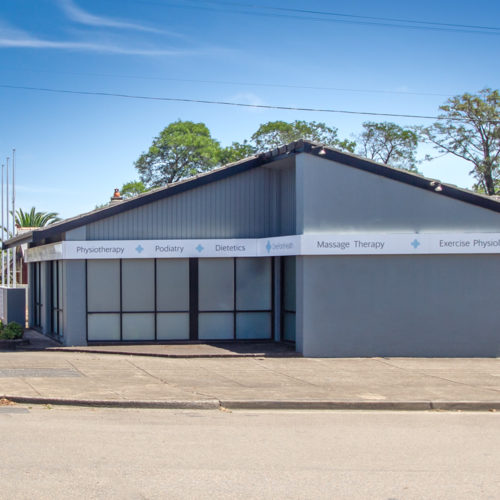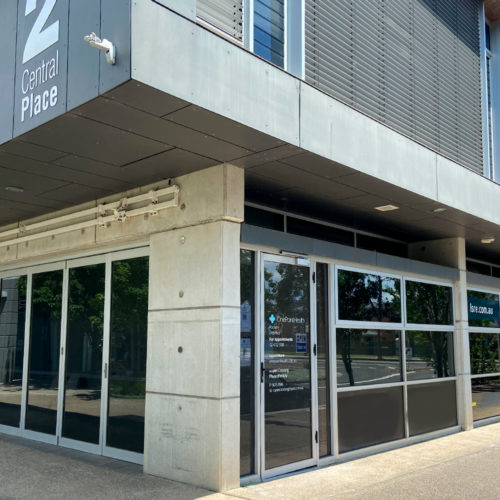How Your Mental State Impacts Injury Risk and Recovery
When we think about injuries, many people think primarily about the physical factors involved; such as the movements that caused their injury, the biomechanics involved, and the anticipated rehabilitation process. However, there is also a significant psychological contribution, which is often overlooked. In fact our mental state, and the ways we think, have considerable impact on our injury risk; as well as determining how quickly we recover from injury.
Higher Injury Risk from Poor Mental State
Living with a compromised mental state, including depression, anxiety and excessive stress, can dramatically increase injury risk in a number of ways. Firstly, such states are mentally draining, and often lead to poor focus and low concentration. As a result, we become more vulnerable to moving mindlessly and putting ourselves in compromising positions. When we’re not fully present during exercise, simple lapses in technique are more likely to occur, increasing our risk of injury.
Furthermore, mental fatigue and stress often create excessive muscle tension, reducing our body’s unconscious awareness of joint positions. This combination increases loads on specific parts of our body, and leads us to move with poor biomechanics. This reduces our ability to make the natural adjustments needed to avoid compromising positions – and makes us more vulnerable to acute injuries.
Psychological distress also directly impacts on our central nervous system’s functioning by activating our “fight-or-flight” response; our “survival” mode . This inhibits muscle activation, reduces coordination, and decreases reaction times and motor patterns.
We can see that compromised mental state contributes to physiological consequences in a number of ways, increasing our risk of strains, sprains, and other physical injuries.
Slower Injury Recovery from Negative Mindset
In addition to increasing the likelihood of injuring ourselves, negative mindsets and poor mental well-being can also significantly hinder our injury recovery process. When it comes to healing, we have a strong connection between our mind and our body, and psychological factors including: depression, anxiety, stress, and subsequent reduced motivation can all create a number physiological barriers.
Negative psychological states often prolong inflammation by triggering excessive release of cellular messengers, such as cytokines. Such chronic inflammation can delay the initial healing process and will regularly result in persistent pain. Stress and pessimistic mindsets also reduce immune function and impair the body’s ability to repair damaged tissues.
Perhaps most importantly, negative mental state can significantly impact on our motivation. When we don’t have the psychological determination and belief in our capacity to recover, we find it considerably more difficult adhering to a recovery program, and putting in the consistent work required to regain full function. Worries about re-injury, lack of confidence in our abilities, and anxiety about the process can become self-fulfilling prophecies, prolonging our recovery.
Optimising our Mental State for Injury Prevention and Recovery
Clearly, being in the right mental state is crucial for reducing our risk of injuries, and for recovering fully when they do occur. Fortunately, there are many ways that we can optimise our psychological functioning.

Stress management techniques, such as meditation, breathing retraining exercises and mindfulness can help to reduce mental fatigue and anxiety, by improving mental focus and body awareness. Adhering to regular routines, ensuring that we get adequate sleep, and maintaining balanced nutrition are essential for reducing excessive psychological disstress.
Realistic self-talk, visualisation and other cognitive-behavioural techniques can also boost confidence and keep us on a success-oriented trajectory. Ensuring that we remain focused on positives, such as the steps needed for recovery, rather than on negatives, such as avoiding setbacks, can make a big difference. If we do get injured, it’s helpful to proactively address any negative thought patterns or mental roadblocks. Accepting where we are, trusting the process, celebrating small achievements along the way, and believing in our ability to return to our previous functioning are all crucial for full recovery.
While the physical and structural factors involved with injury prevention and rehabilitation will always be important, we can’t overlook the considerable contribution that our mental state also makes. If we take take a holistic approach: working on our mental state, in addition to our physical preparation we’ll be significantly better equipped to avoid, or at least minimise injuries, and to recover more quickly from any setbacks if they do occur.
Todd Griffin is a seasoned Psychologist in Penrith at TG Psychology. He is committed to offering genuine, compassionate mental health support using evidence-based therapies. Todd’s approach helps clients identify and tackle their mental health challenges, fostering significant positive changes in their lives. This article is specially contributed for OnePointHealth. The views and information presented are solely those of the author and do not necessarily represent those of OnePointHealth.








